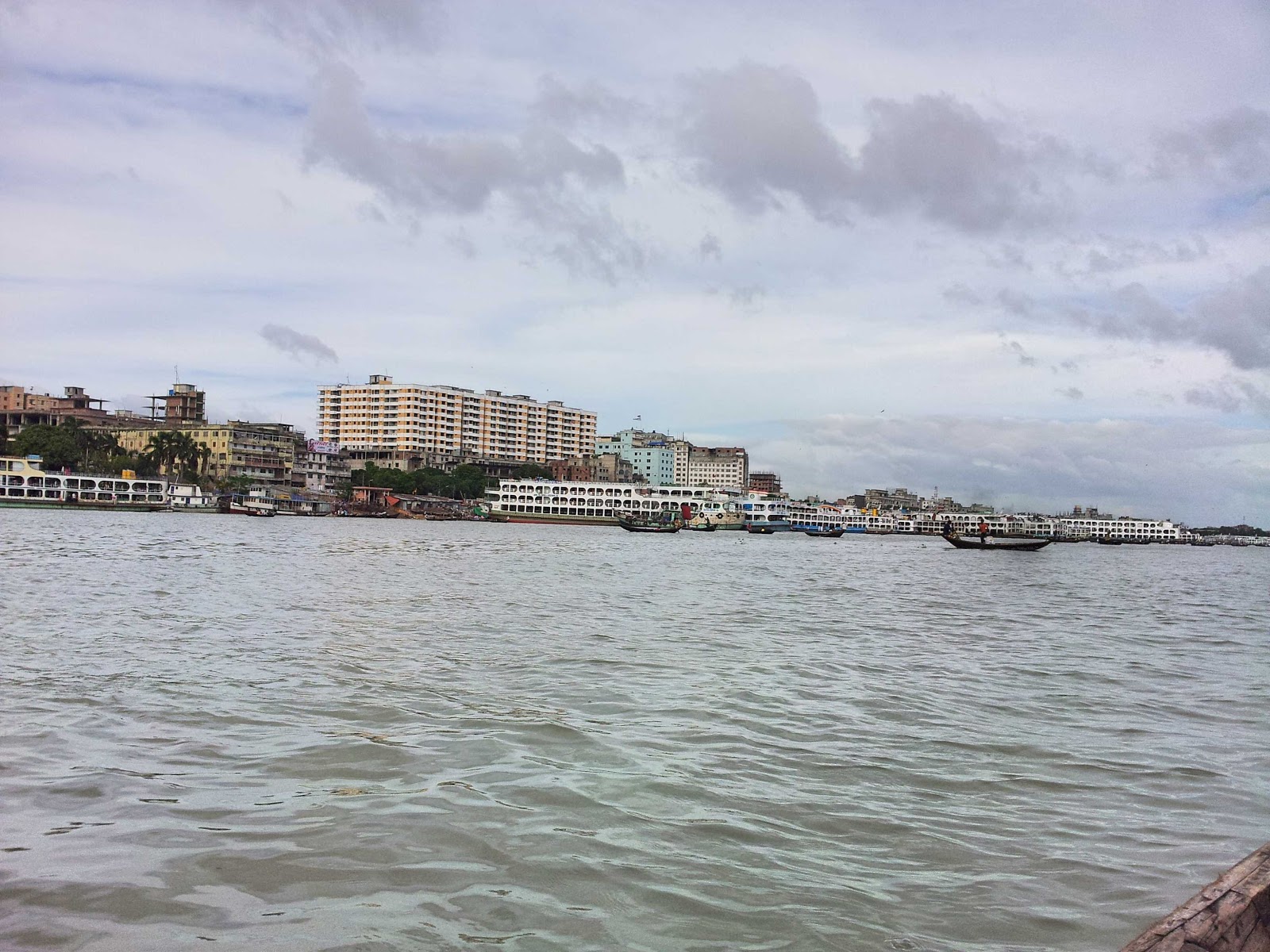
Published :
Updated :

An estimated Tk 270 billion, spent in the last 27 years for improving the situation of pollution of the Buriganga River, failed to bring the expected outcome due to inappropriate projects and actions. Besides, political economy-based policies have destroyed the rivers and their ecology in and around Dhaka city.
Dhaka North City Corporation (DNCC) Administrator Mohammad Azaz said these at a policy dialogue in the city on Monday.
The dialogue, titled 'Reviving Dhaka's Rivers: Policy Options for Sustainable Management', was held at the North South University (NSU). It was jointly organised by the South Asian Institute of Policy and Governance, NSU, and H&H Foundation.
Mohammad Azaz further said Dhaka's rivers are mainly polluted by the upstream rivers, and there are about 1,200 pollution points. So, without focusing on the main causes of pollution the situation cannot be improved. After the 1988 flooding, the authorities concerned cut the capital from the nearby rivers and wetlands, which has actually dried up Dhaka and caused waterlogging.
"If we could take 'ecology first' policy by the government, we could save the rivers and the environment. If we stop polluting the rivers in Dhaka, they'll automatically revive due to their nature," he added.
Dr. Anupam Hossain, a public health specialist, said poor people who use river water being helpless are facing a number of waterborne diseases, and women's reproductive health is also challenged.
Discussants opined that it would be impossible to save the rivers amid the situation they are witnessing across the country, as the rivers are being grabbed, destroyed and polluted. They suggested giving the River Commission the enforcement authority to save the rivers.
Environment, Forest and Climate Change Advisor Syeda Rizwana Hasan spoke as the chief guest at the event. She said the River Research Institute is cataloging the rivers across the country, including four in Dhaka, so that their pollution can be checked quickly.
It is impossible to save the rivers without political will, administrative cooperation, and people's assistance. Small-scale sewage disposal system must be established for proper waste management, she added.
NSU Prof Abdus Samad gave the keynote address at the seminar, held under the chairmanship of its Vice Chancellor Prof Abdul Hannan Chowdhury.
nsrafsanju@gmail.com


 For all latest news, follow The Financial Express Google News channel.
For all latest news, follow The Financial Express Google News channel.